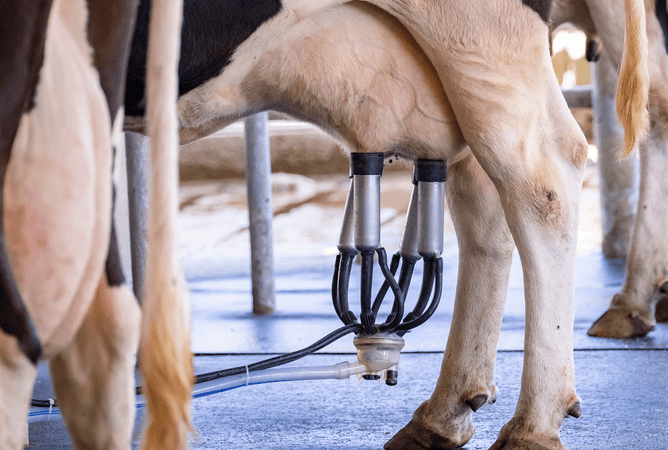Investing in an on-farm LapBox has proven beneficial in tackling mastitis and saving on RVM spend.
Mastitis is the most common disease in New Zealand dairy cattle and it is known that the two weeks either side of calving is when a cow is most at risk.
DairyNZ agrees that rapidly finding and treating clinical cases in the calving period reduces the likelihood of infections being passed to other cows and the development of chronic infections.
The cost of mastitis across the New Zealand dairy industry is estimated to be around $180 million per year. So, being able to test milk samples, identify the presence or absence of bacteria, then rapidly and accurately treat cows is very important for both reducing antibiotic usage and from a financial viewpoint.
Treatment
Milk culturing your mastitis cows at this busy time of year can be especially handy when it comes to treating gram negative or coliform mastitis bacteria, such as E.coli, Klebsiella and Enterobacter, which are common environmental pathogens.
It has been proven that antibiotics DO NOT HELP these cases. These cows should, instead, be treated with anti-inflammatories (NSAIDs) and stripping out as much as possible.
Testing and culturing these samples will enable you to enjoy the cost savings from the reduced milk-witholding and the reduced spend on medication.
Mastatest machines
Mastatest machines are the on-farm mastitis diagnosis tools which are helping our farmers make informed decisions about their mastitis cases.
The machine assesses each mastitic sample and identifies the bacteria present and which antibiotics (if any) from your RVMs list will work best to treat it.
You can submit the sample in your on-farm LapBox, or drop it off at the clinic. The fully interpreted test results, as well as a treatment recommendation approved by your KeyVet, will then be emailed to you within 24 hours.
We have machines at our Winton, Gore and Tapanui clinics.
Taking a sterile sample helps the testing process. We have milk sample pottles at the clinics, so grab a few the next time you are in.
Clearly label your sample and refrigerate/freeze if you cannot bring it in straight away.
* We always advise farmers to give NSAIDs to your sick clinical mastitis cases while waiting for the result.*
So, if you want to know what bug is involved and what drug would work best for your cows with clinical mastitis, talk to your KeyVet about a Mastatest machine.


